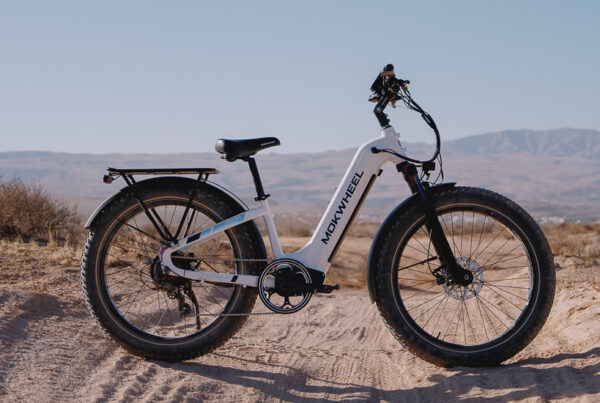Here at the Electric Bike Report we are often asked, can e-bikes replace cars? The answer is, in most cases, yes! E-bikes are currently being used in place of automobiles by a growing segment of the population. Some people face limitations like access to e-bikes, or living in a city that lacks suitable routes for travel – but that is quickly changing across the US.
Now while it may not be for everybody to swap out car keys for a bike helmet, it is easier than ever to reduce your dependence on cars for travel and spend more time on e-bikes. Let’s take a look at a couple of the leading reasons people are replacing their cars with e-bikes.
Cars Aren’t Cheap, While E-Bikes Are Becoming Even More Affordable
When factoring the cost of buying a car, as well as maintenance, insurance, registration, and fuel, we find that car use along with the cost of housing, food, healthcare, and entertainment, more people are discovering the benefits of replacing their car with an e-bike. Most business analysts predict a coming boom in electric bike sales, with most being used to replace cars for local transportation.
For some car users, switching to an electric bike is not an option, either due to their proximity to their job and daily amenities, or physical limitations. But for many people, automobile commutes are short enough for e-bikes to replace the car.
Owning and driving a car is the second-most expensive cost for most people, behind the cost of housing. The Kelly Blue Book average price for a car in 2023 is $47,000. Compare that with the US median wage of $54,132 (according to the US Bureau of Labor Statistics), and that’s 87% of a person’s average yearly income (which explains why folks have to finance over 5 – 6 years). The Automobile Club of America found that the average cost of maintaining a car is $9,660 per year. That’s right, cars aren’t cheap!
Why are e-bikes becoming more affordable? Like most other new products, e-bikes are becoming cheaper because manufacturers are learning how to build e-bikes faster, more efficiently, costing them less per unit, and developing sustainable methods.
Deloittea global business consulting firm, predicts over 40 million e-bikes will be sold globally in 2023, generating $40.16 billion. They also predict annual growth of 12.6%, to $92.19 billion, by 2029. More manufacturers, with large capital resources and a high talent base in research and development, are streamlining production to reduce costs and build better e-bikes.
Some automobile makers, like Prosche and Ford, see the potential rewards of horizontal integration by adding e-bike production to their base. Both carmakers have been acquiring e-bike companies, mainly to add to their talent base new employees who are experts at e-bikes. Within the coming years we may not see the Ford and Porsche name on a lot of e-bikes, but we can be sure they probably own the company names you will see.
Add to that existing large global bike makers, like Specialized and Giant, and the chances are most of the popular affordable e-bikes will be coming from those companies. The important things these companies will bring to the e-bike world are 1) technical advances, and 2) lower costs to consumers.
Compare the price of owning a car with the price of an e-bike – roughly $1200 – $1800 for a good quality e-bike – and it makes more sense how an e-bike fits in most people’s budget. For people who still cannot afford an e-bike, there is assistance available from local governments and non-profit organizations.
Source link








